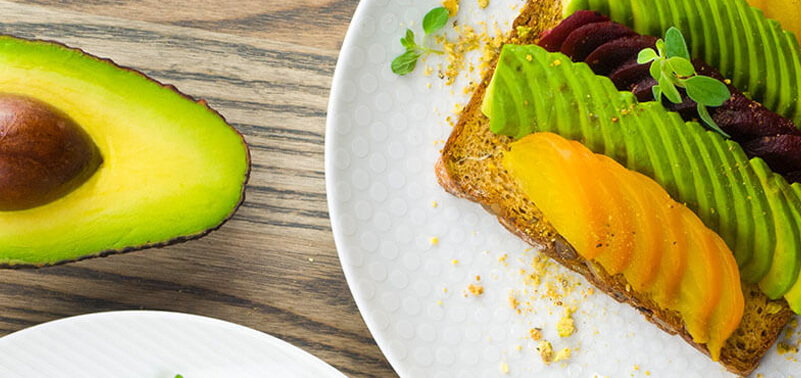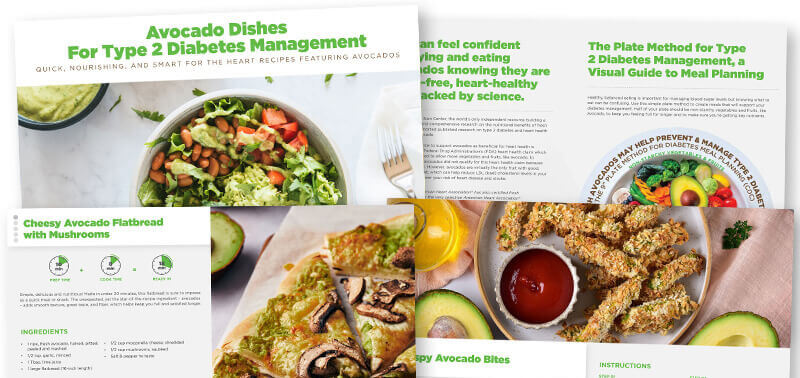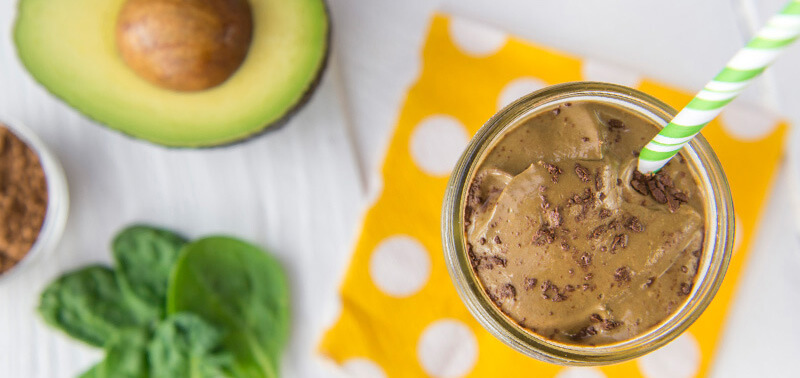Probably the most critical question when you have diabetes. Diet plays a significant role in preventing and managing diabetes. It’s essential to make every bite count by selecting nutrient-dense foods in place of less healthy choices.


Nutrient-dense foods are relatively rich in nutrients for the number of calories they contain. Foods such as vegetables, fruits, whole grains, seafood, eggs, beans, peas, lentils, unsalted nuts and seeds, avocados, fat-free and low-fat dairy products, and lean meats are considered nutrient-dense.
These foods provide vitamins, minerals, and other nutrients necessary for health with little added sugars, saturated fat, and sodium. Creating meals using nutrient-dense foods should be the cornerstone of your diabetes diet.
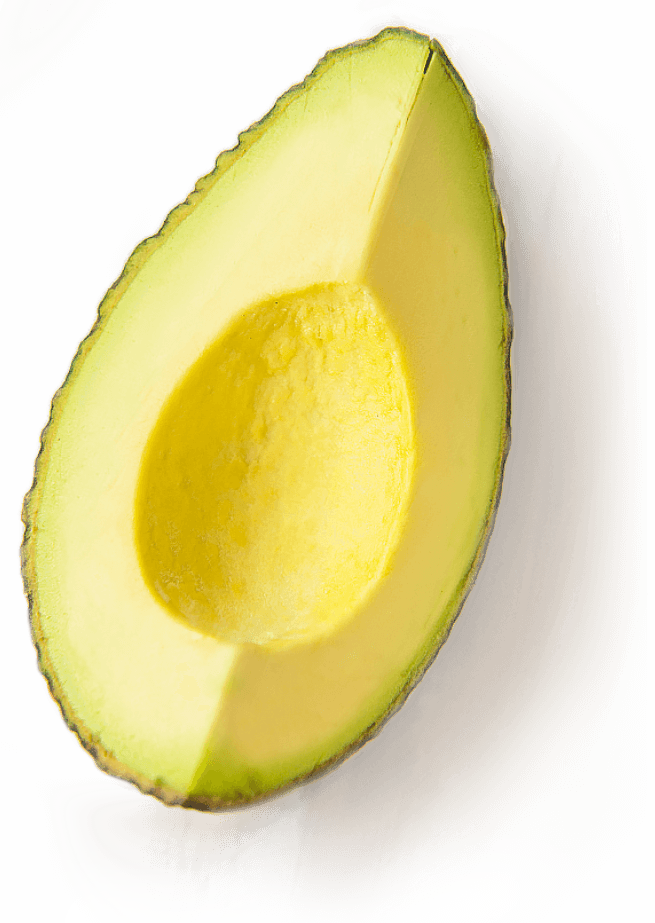
One-third of a medium avocado (50 grams) has 80 calories and contributes nearly 20 vitamins and minerals, making it an example of a nutrient-dense food choice.
You don’t have to give up all the foods you love to eat healthier. It’s as simple as swapping a food or beverage for a nutrient-dense option. Over time, these swaps or substitutions can have significant health benefits. For example, you could:

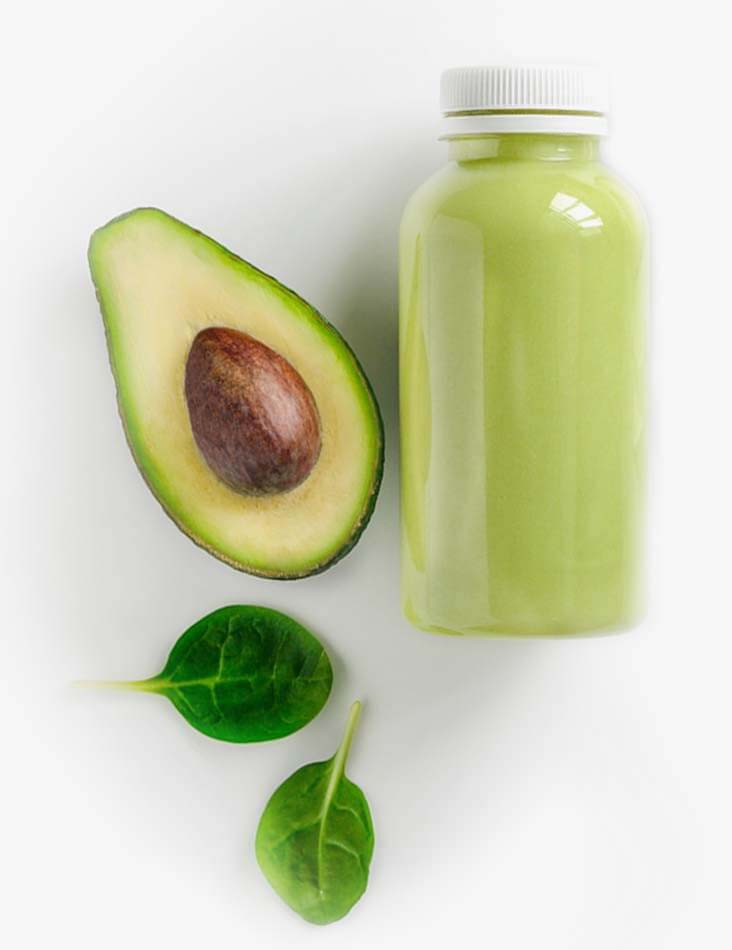
Add creaminess and good fats to your favorite smoothie recipe by adding a portion of avocado.
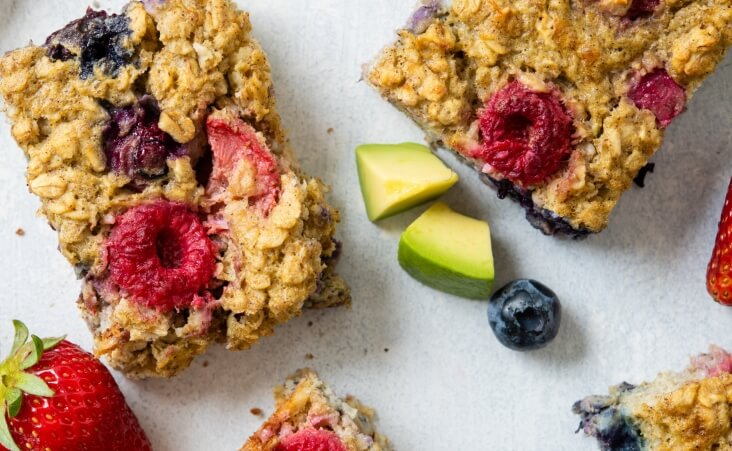
Substitute a naturally sweet, baked oat bar for dessert made with whole-grain oats, berries, and avocado.
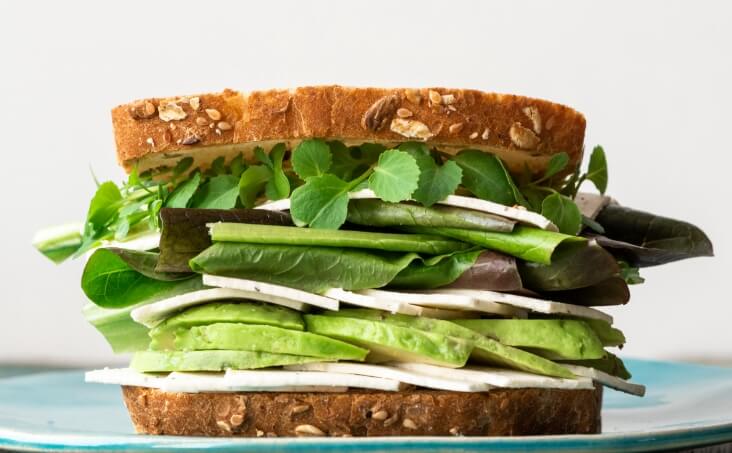
Add fresh, sliced avocado to your burger or sandwich instead of mayonnaise.
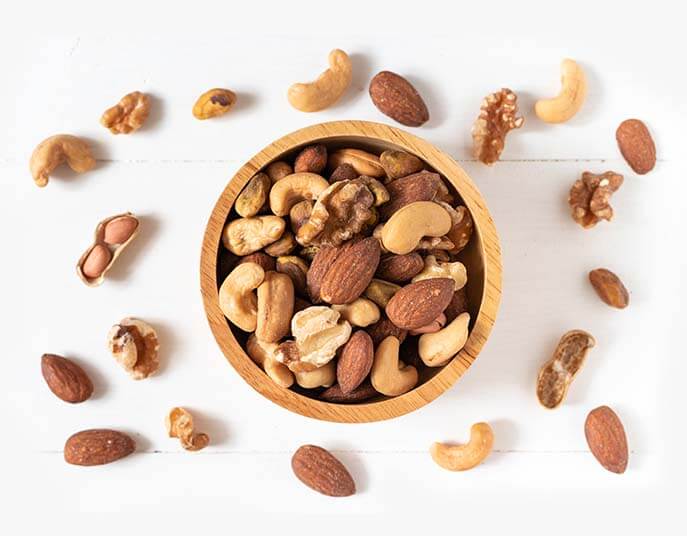
Grab a handful of unsalted nuts instead of potato chips at snack time.
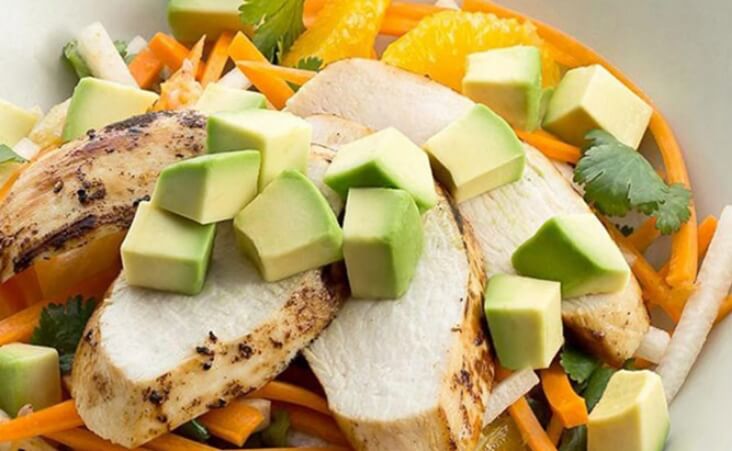
Replace croutons on your salad with cubes of avocado or nuts.
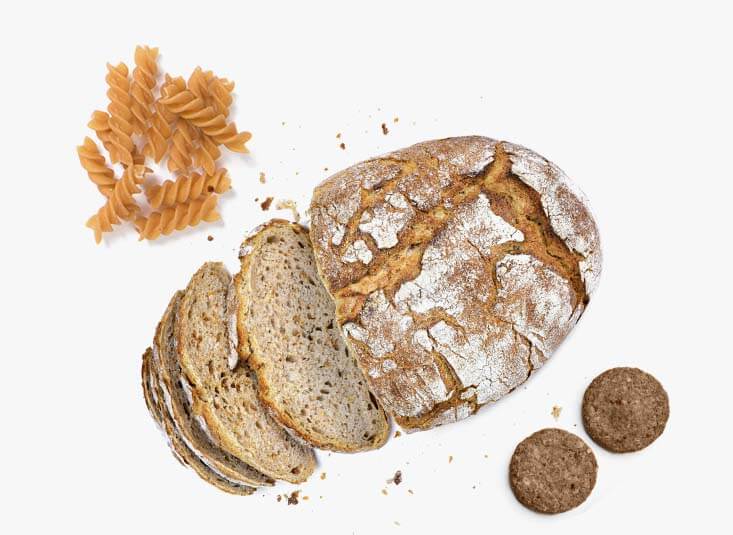
Swap white bread, crackers, or pasta for whole-grain varieties.

Swap sugar-sweetened soda pop for water or unsweetened iced tea.

